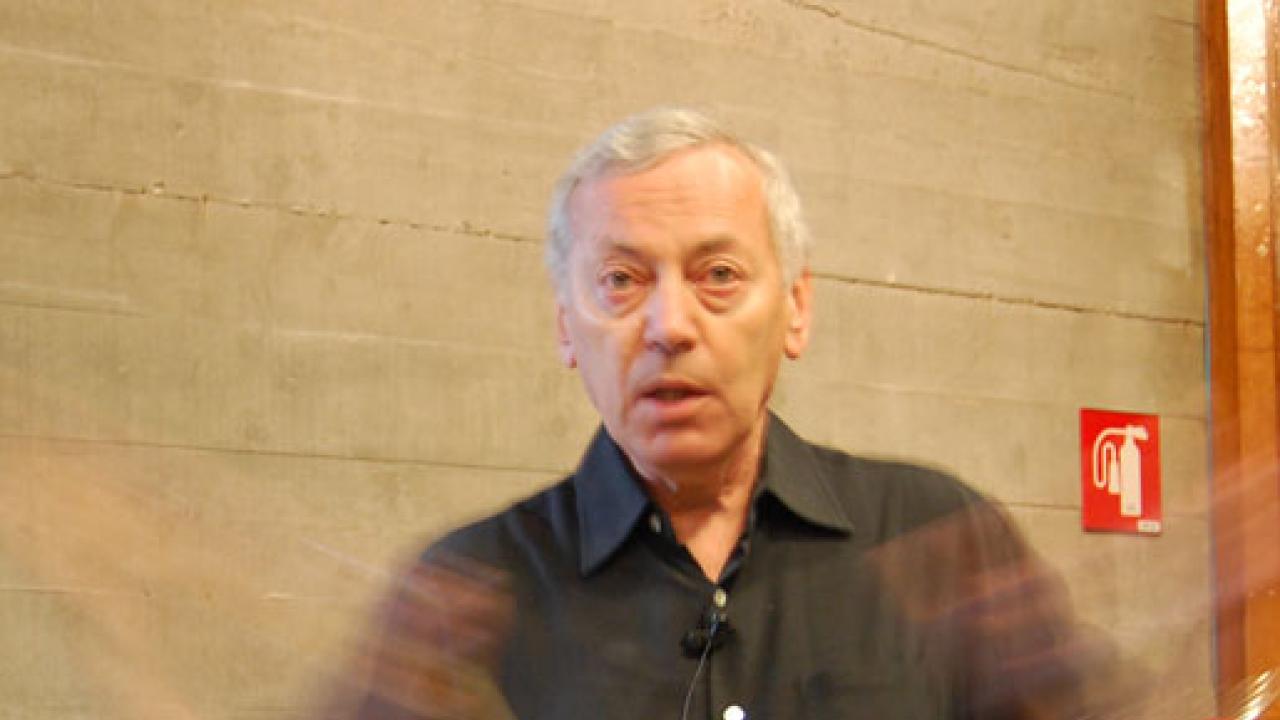
What happened before the Big Bang? Is our universe unique and exceptional? Can we predict what exists beyond our cosmic horizon? These were some of the questions Alexander Vilenkin, one the leading figures in cosmology, dealt with at the ICTP colloquium talk titled "Principle of Mediocrity" on 12 May 2010.
Vilenkin, Professor of Physics and Director of the Institute of Cosmology at Tufts University, propounded the revolutionary ideas of eternal inflation and quantum creation of the universe from nothing.
Giving his presentation at the colloquium, Vilenkin said that the much of the universe is in a state of expansion. And the expansion rate is so incredibly fast that in a tiny fraction of a second a region the size of an atom is blown to dimensions much greater than the entire currently observable universe.
In our neighbourhood (which in cosmological dimensions refers to the regions of the universe that we can observe), inflation ended about 14 billion years ago with the big bang.
However, multiple bangs went off before "our Big Bang" in distant parts of the universe, and countless other bangs will erupt in the future; other universes were produced earlier and will continue being produced. This is the new worldview, where ours is one of the many universes in the multiverse system.
Observational evidence, such as the value of the cosmological constant, has supported the concept of eternal inflation, Vilenkin said.
He explained that while we will never be able to actually see what lies beyond our observable universe, the principle of mediocrity (which means that ours is just one of the many "worlds" and therefore unexceptional) can be used to make statistical predictions about the nature of the universe beyond our observable region.
















